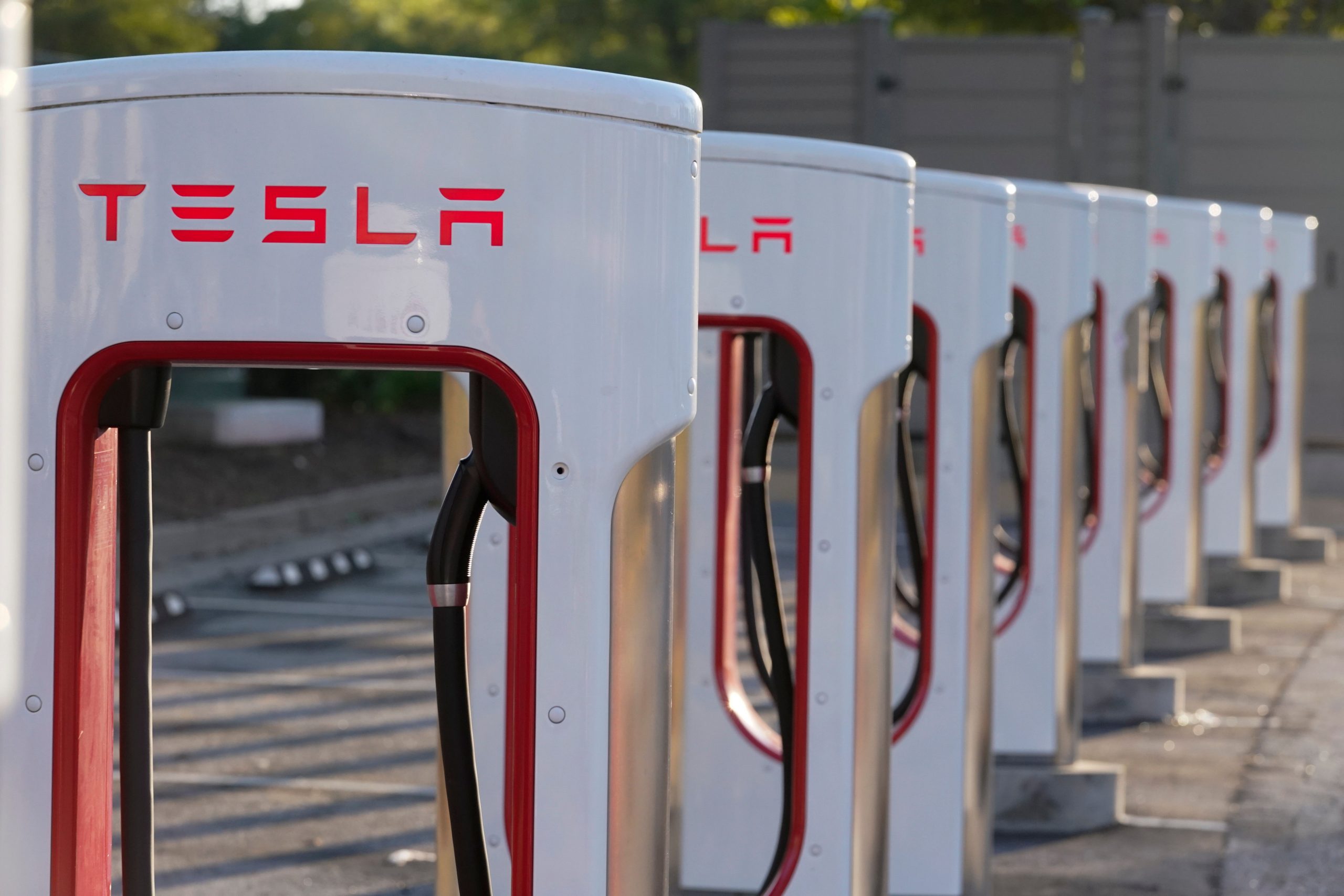Even as demand for battery-powered models greatly surpasses manufacturers’ existing production capacities, the world’s leading automakers have cautioned that supply chain disruptions and rising raw material prices endanger the spread of electric vehicles.
Speaking at the Financial Times’ ninth Future of the Car summit this week, Tesla CEO Elon Musk questioned his company’s ability to meet its objective of delivering 20 million electric cars per year by the end of the decade, which was set just months ago, calling it an “aspiration, not a promise.”
“We may stumble and not reach that goal,” Musk remarked at the conference. “There are some raw material constraints that we see coming, in lithium production, probably in about three years, and in cathode production,” he added.
Also read: How a Musk mandate is drowning Twitter shares
Several other industry leaders at the annual event mirrored Musk’s remarks, in contrast to previous summits where executives declared ever more aggressive electric vehicle ambitions.
Even as the semiconductor scarcity showed no indications of abating in 2021, Mercedes-Benz CEO Ola Källenius told guests that his company would go “faster” in phasing out combustion engine vehicles and constructing electric alternatives.
The tone at the summit this week, though, was noticeably more subdued. No senior executive disclosed higher sales or production targets for electric vehicles or batteries. Volkswagen, Tesla’s closest opponent, has long aimed to surpass Tesla in electric vehicle sales by 2025, but has downplayed its chances, calling it “very, very tight.”
“Many people are now, I think, a bit over-optimistic,” remarked VW CEO Herbert Diess, alluding to the global rollout of electric vehicles. “We need the energy, we need the charging networks, we need the infrastructure, for sure, we need the cars, but we also need the batteries and the raw materials,” he said from the back seat of VW’s latest electric model, an emissions-free version of the 1960s camper van.
Diess claimed that industry analysts were not taking the “amount of effort which has to go in to make this change happen seriously enough.”
Also read: Elon Musk’s growing legal issues lead to drop in Twitter, Tesla shares
The top two electric vehicle manufacturers issued the cautions as consumer demand for battery-powered vehicles continues to outpace industry predictions.
Following VW’s announcement that it has sold out of battery models in the US and Europe for the remainder of the year, Mercedes-Källenius Benz’s told the summit that this was “largely true for us as well.”
Tesla CEO Elon Musk stated that he has “zero about demand generation and a lot about production and engineering and supply chain,” and that he would not rule out purchasing a mining company to obtain the raw materials required to crank up electric vehicles manufacture.
Analysts’ hopes for the electric car sector as a whole have been muted by persistent constraints in the supply of critical raw materials for batteries.
Wells Fargo researchers who studied raw material prices for components in a Tesla Model Y this week discovered “several ‘surprises’ that challenge the notion of imminent [battery electric vehicle] adoption.”
“The rise of battery raw materials costs has delayed [battery electric vehicle] cost parity to [internal combustion engines] by at least a decade,” the bank cautioned, referring to the point at which emissions-free vehicles are as inexpensive as their petrol or diesel counterparts.
Also read: I, Me, Mine: Elon Musk to now dig into the mining sector?
As a result, Wells Fargo analysts downgraded GM and Ford, stating that the US automakers will “likely be forced to sell money-losing compliance [battery electric vehicles]” in order to fulfill ever-stricter regulatory requirements.
Renault CEO Luca de Meo agreed, telling the FT conference that supply chain difficulties meant “the game has changed” and that carmakers would have to “play by new rules,” relying on the efforts of energy and mining firms.
He expressed concern that the French group might not achieve cost parity for mid-range models by 2025, which could dampen demand for electric vehicles. “We know that the purchasing power [of] people in many regions of the world will not necessarily increase,” De Meo remarked.
At the same time, significant subsidies for electric car buyers in China will be phased off by the end of the year, making it more difficult for low-income people to switch.
Stellantis, which owns budget brands like Dacia, has warned that batteries could become limited in two or three years, hindering the introduction of affordable electric vehicles.
“The speed at which everybody is now building manufacturing capacities for batteries is possibly on the edge to be able to support the fast-changing markets in which we are operating,” said Carlos Tavares, Stellantis boss.
Also read: ‘False,’ Musk on claims that Trump influenced his Twitter acquisition
“We are not addressing this transformation on a 360-degree strategic approach,” he added. “Everybody is going to pour EV vehicles on the market. So what’s next? Where is the clean energy? Where is the charging infrastructure? Where are the raw materials?”
To assist with the commodities crunch, Mercedes’ Källenius suggested that Europe emulate China and the United States’ raw material procurement techniques and build “more bilateral trade agreements . . . beyond maybe the three traditional regions.”
He suggested that the EU consider signing partnerships with mineral-rich countries such as Australia and India, as well as South American governments, and build stronger ties with “economies that may have some of those raw materials that we need for electrification.”
However, most executives believed that the industry’s problems would not go away quickly.
“[This is] totally different from what I used to say one year before, that you know, we are improving, we are getting better, one day we will be perfect,” Ashwani Gupta, Nissan‘s chief operations officer, stated, adding, “For me today, the supply chain crisis is the new normal.”







